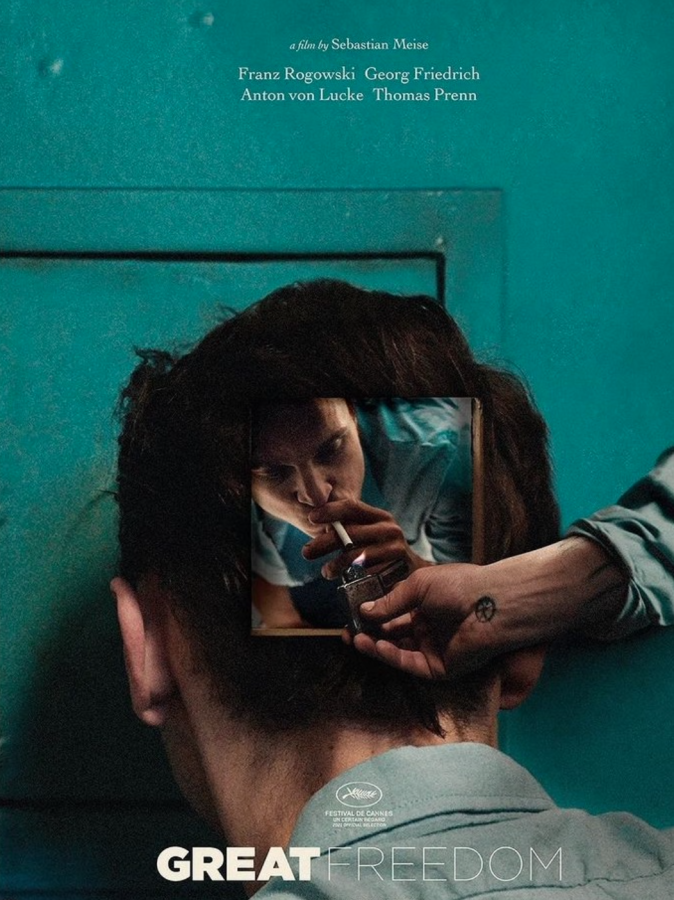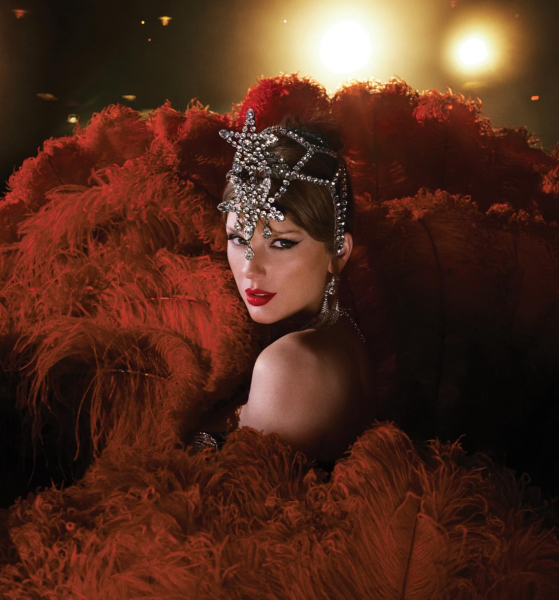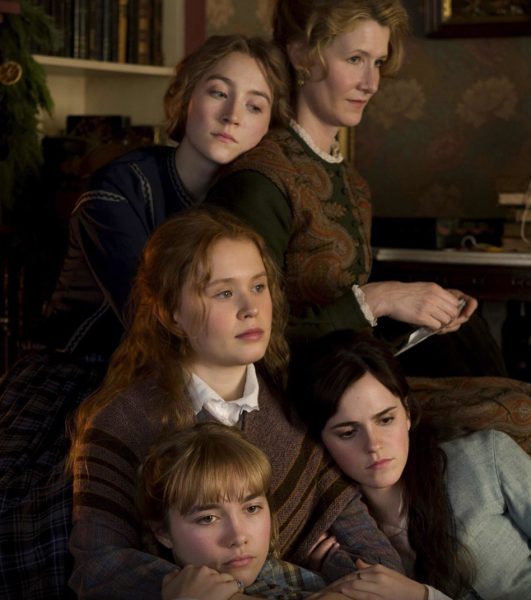Feed Your Inner Cinephile with Mubi Go
During this past fall semester, I had to watch a movie for class on a subscription service called “Mubi.” Once I signed up for the free trial, I started receiving emails from the app, one of which had details about one of their services called “Mubi Go.”
I found out that this random app I downloaded offered a free ticket each week to a movie at a NYC theater, for the fair price of $11 a month. I was never a film person before, but this app has not only granted me the opportunity to watch films I otherwise would not see, it has also given me an excuse to explore different neighborhoods and become comfortable in the discomfort of being alone in New York City.
Though, as cheesy as it sounds, when I go to watch a movie –– whether at Film Forum in Soho or Film at Lincoln Center –– I’m never really alone. I become engrossed in the movie, whether from confusion or admiration, and feel sort of disconnected from myself immediately after leaving the theater.
So, this is an ode to the seemingly innocuous app which has brought me joy when I’ve needed it most. I’ve both seen movies I now hold dear to my heart, and felt like I wasted two hours of my life watching the strangest thing. Ultimately, however, it’s never actually a waste. At least I know that movie or genre or style maybe isn’t for me.
Even when I attend the film with someone, it still feels like it’s just me and the movie. I’ve become better at watching movies, too. Before, I was definitely a talker (much to my friends’ dismay), but now, I’m actively observing the lighting, script, larger message and acting of the movie right in front of me.
The most recent film I’ve watched through Mubi was called “Great Freedom,” a film about a gay man in Germany during a time when homosexuality was criminalized. It has been projected to be the best queer film of the year, but I probably wouldn’t have heard about it or even gone out of my way to watch it if it wasn’t offered on Mubi Go. I also had the opportunity to hear the film’s director and main actor speak ahead of its screening, something else I never expected to experience.
The film itself was incredibly moving. There was a scene that showed the soft, hidden romance between the main character, Hans, and his lover, Oskar, through the type of film camera used in the 1950s. Simply put, I cried. It was the first time we got to see Hans and one of his lovers outside the context of the jail, and the first time Oskar expressed the deep love he felt for Hans despite the odds being stacked against them.
Another movie I was able to watch thanks to Mubi was “The Worst Person in the World,” a Norwegian film about a young woman navigating romance, self-discovery and career trajectory. I wasn’t actually going for this movie, but the film I was supposed to see was sold out so this was a last-ditch effort to make my trip to Williamsburg worthwhile. I can’t help but feel like fate (and Mubi Go) brought me to this film. The cinematography alone, with its soft light and strategic framing that often highlights the main character’s psychological loneliness, was enough to have a meaningful impact. But it didn’t stop there. It was supplemented with acting so intoxicating that I felt genuine pain watching the main character struggle to get a grip. It was all too relatable.
I feel lucky that Mubi Go brought this film to me and allowed me to feel moved by these stories, and I can’t begin to imagine what movies are next on the roster.
For those wanting to see more interesting films, or even have an excuse to wander around various parts of the city, I cannot recommend Mubi Go enough.

Emma Lipkind is a sophomore at Fordham College at Rose Hill. She hopes to combine all of her interests by pursuing a major in international political economy...













































































































































































































